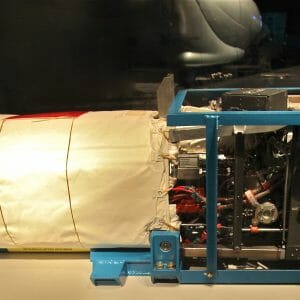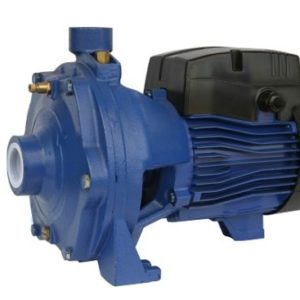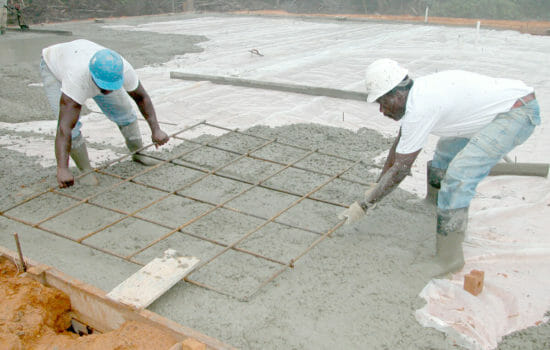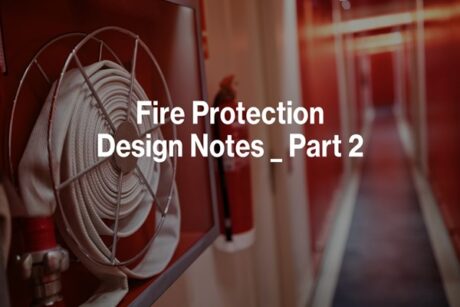-
×
 E - 1124 Fuel Cells–Green Power
1 × $75.00
E - 1124 Fuel Cells–Green Power
1 × $75.00 -
×
 E - 1125 Centrifugal and Positive Displacement Pump Basics
1 × $75.00
E - 1125 Centrifugal and Positive Displacement Pump Basics
1 × $75.00 -
×
 E - 1117 Introduction to Biofuels
1 × $75.00
E - 1117 Introduction to Biofuels
1 × $75.00 -
×
 E - 1118 Air Pollution Control - Carbon Adsorption for VOCs
1 × $75.00
E - 1118 Air Pollution Control - Carbon Adsorption for VOCs
1 × $75.00 -
×
 E - 1116 Pumping System Performance Improvement
1 × $125.00
E - 1116 Pumping System Performance Improvement
1 × $125.00
Subtotal: $425.00


 E - 1124 Fuel Cells–Green Power
E - 1124 Fuel Cells–Green Power  E - 1125 Centrifugal and Positive Displacement Pump Basics
E - 1125 Centrifugal and Positive Displacement Pump Basics  E - 1117 Introduction to Biofuels
E - 1117 Introduction to Biofuels  E - 1118 Air Pollution Control - Carbon Adsorption for VOCs
E - 1118 Air Pollution Control - Carbon Adsorption for VOCs  E - 1116 Pumping System Performance Improvement
E - 1116 Pumping System Performance Improvement 







